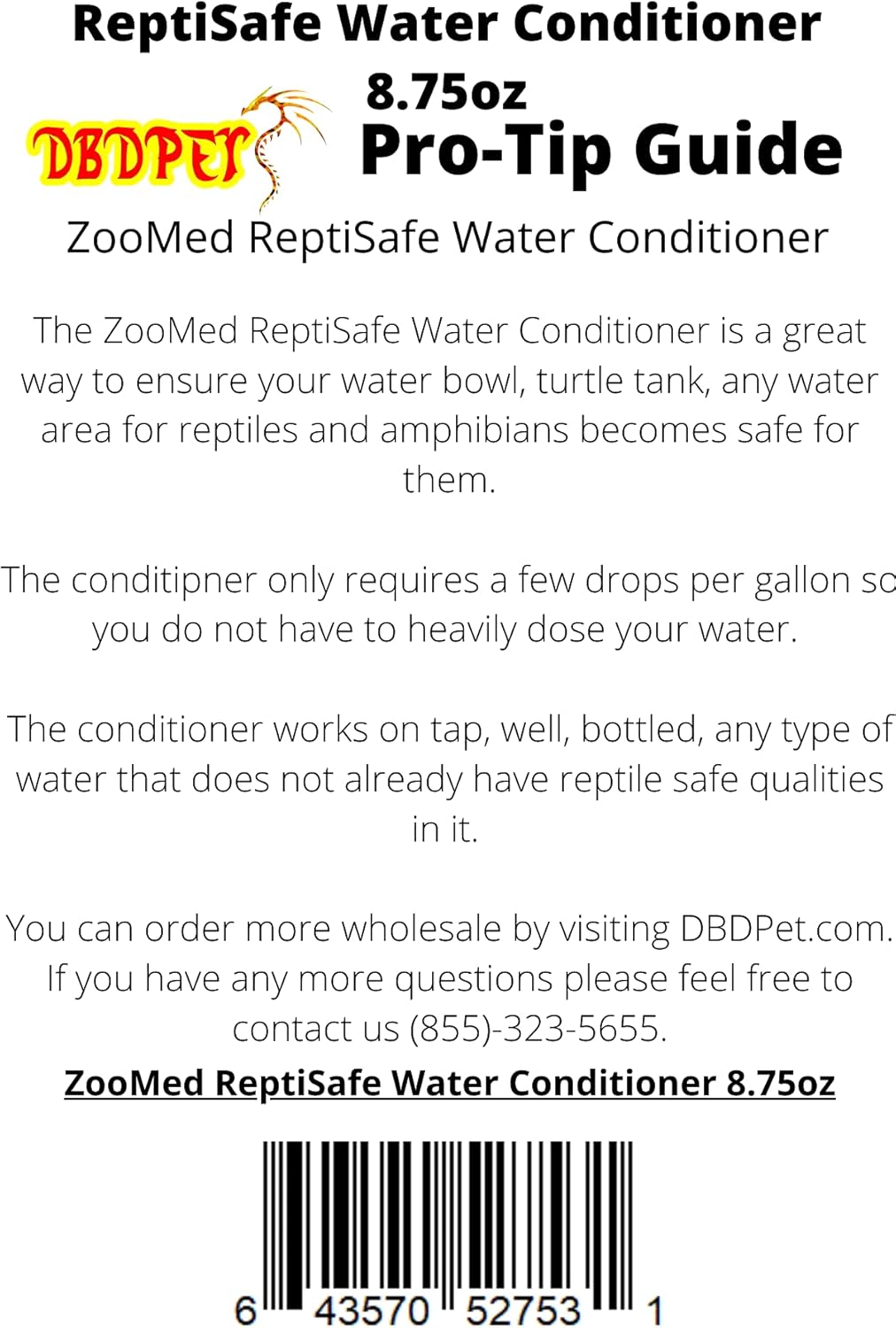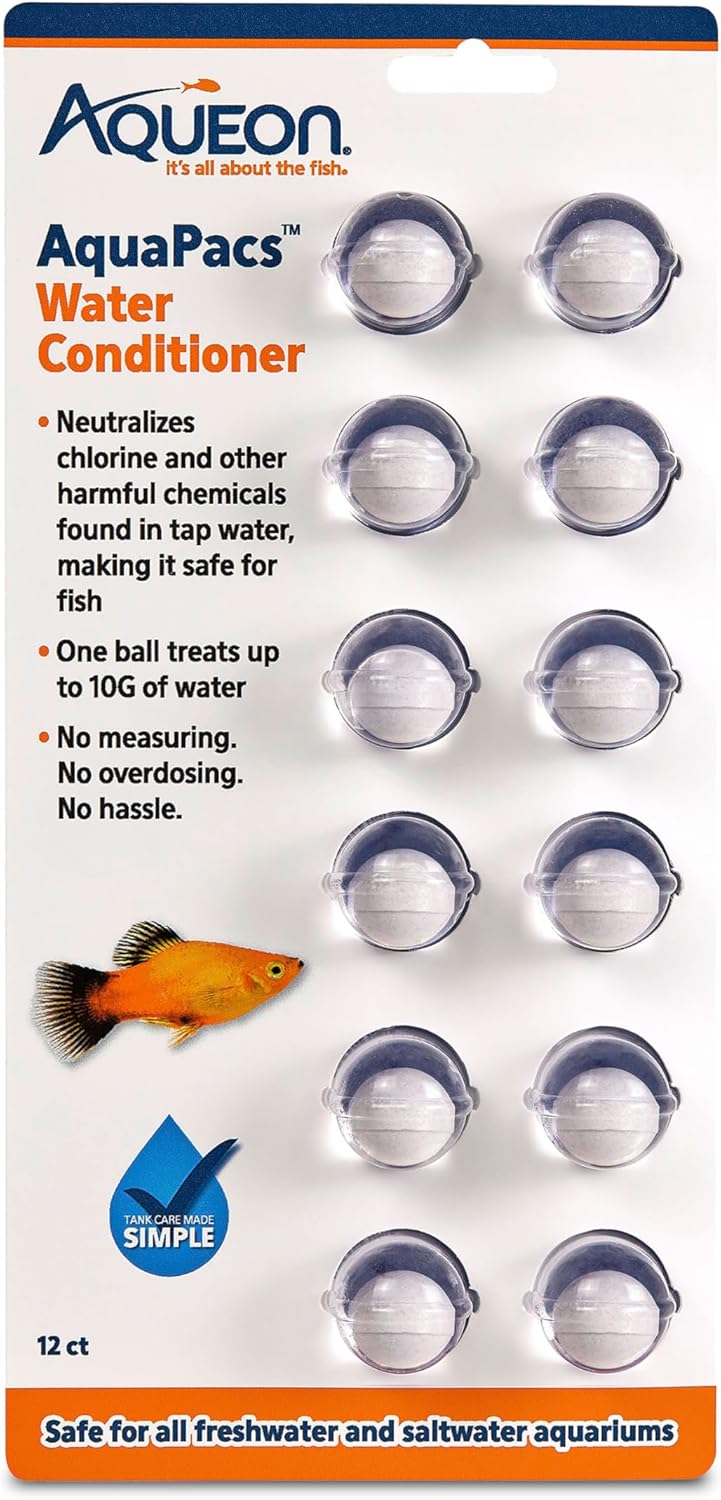Seachem MultiTest Silicate Test Kit,75 Tests
Original price was: $22.77.$17.99Current price is: $17.99.


Price: $22.77 - $17.99
(as of Oct 19, 2025 10:49:01 UTC – Details)
Natural sea water Contains about 10 mg/L as silicate. In reef or other marine aquaria, silicate should be 1 mg/L or less. Silicate is non-toxic to fish and invertebrates, but is ideally kept below 1 mg/L to minimize diatomaceous algae. In freshwater, silicate is not critical. Usually, freshwater silicate concentrations will range in the area of 4–20 mg/L.
multitest silicate measures silicates to less than 0.5 mg/L in marine or freshwater. This kit measures soluble silicate and reports it as silicate concentration. To convert to silicon, multiply by 0.3. It performs over 75 tests and contains a reference sample for validation.
Is Discontinued By Manufacturer : No
Product Dimensions : 4.6 x 4.3 x 2.5 inches; 2.4 ounces
Item model number : 976
Date First Available : June 15, 2004
Manufacturer : Seachem Laboratories, Inc.
ASIN : B0002Z7SWQ
Best Sellers Rank: #66,927 in Pet Supplies (See Top 100 in Pet Supplies) #87 in Aquarium Test Kits
Customer Reviews: 4.1 4.1 out of 5 stars 196 ratings var dpAcrHasRegisteredArcLinkClickAction; P.when(‘A’, ‘ready’).execute(function(A) { if (dpAcrHasRegisteredArcLinkClickAction !== true) { dpAcrHasRegisteredArcLinkClickAction = true; A.declarative( ‘acrLink-click-metrics’, ‘click’, { “allowLinkDefault”: true }, function (event) { if (window.ue) { ue.count(“acrLinkClickCount”, (ue.count(“acrLinkClickCount”) || 0) + 1); } } ); } }); P.when(‘A’, ‘cf’).execute(function(A) { A.declarative(‘acrStarsLink-click-metrics’, ‘click’, { “allowLinkDefault” : true }, function(event){ if(window.ue) { ue.count(“acrStarsLinkWithPopoverClickCount”, (ue.count(“acrStarsLinkWithPopoverClickCount”) || 0) + 1); } }); });
Measures silicates to less than 0.5 mg/L
Multi-cavity plate for simultaneous testing of up to 6 tests at the same time
Includes reference for test validation
Marine and freshwater
Customers say
Customers find the test kit easy to use and appreciate its quality. The accuracy receives mixed feedback, with some finding it very accurate while others report it doesn’t work well. The readability is a concern, with one customer noting it’s hard to read the silicate concentration. The instructions receive positive feedback, with one customer mentioning they are easy to follow.
13 reviews for Seachem MultiTest Silicate Test Kit,75 Tests
Add a review

Original price was: $22.77.$17.99Current price is: $17.99.







K. Johnson –
This kit works really well!
This kit does have a few steps but the directions are easy to follow. It appears to be accurate as well. We had an official test done on our well water with a testing lab and it showed 19 mg/L of silica. This aquarium test kit showed in that exact range. We are very pleased with this kit and it serves the purpose that we bought it for – testing our water to see if the filtration system we buy for our house is removing silica. We will buy this kit again when we need more tests.
dewi –
Accurate and reliable
Does what it says if you closely follow the instructions. Do not deviate from the instructions. I have been using it for 1 month now and tested many times on my supply water and the water in my tank. It is reliable in my opinion. Note that Some deviation from the instructions may result in inaccurate results.One thing i dont like is that the reference strip bars are too small and too close to each other, thereby making it hard to read the silicate concentration.
Terry T. –
Good test but you MUST use a timer and accuratly measure the sample
This test worked well. The key to this test is ensuring you use the right amount of water to sample and waiting the time instructed in each step. Fill the pipette to the top of the throat (no lower, no higher) with the water you are testing. Then wait exactly the amount of time they say (I used a timer) between steps. Don be afraid of the “dusting” in other reviews. just get a little on the stirrer and stir. A few grains is all that is needed and if you go over a bit it doesn’t affect the results.This is my water. I tested multiple samples from my tap water, RODI filter and saltwater aquarium to see where the Silicates are coming from. Once you mix the reagents to the samples as instructed, you compare the results to a gauge.Here are my results:The top left is the “calibration” test (included) of 6ppm.Top Right is RODI from my RODI filter. I got 0 ppmMiddle right is RO taken before the DI from my RODI filter. (its zero and the same as RO) I also got 0 ppmMiddle left and bottom right is my tank water. I did two tests at different times to see if they came out the same (and they did). this way I know I was doing them right I got under 1 ppm but not zero as I had hoped (diatom food in my tank)Bottom Left is my tap water (WOW). Off the chart and at least 25ppm.I interpret the results as this. My tap water is loaded with silicates and will filter it to an undetectable level. My tank has some (not zero). the result is the silicates are likely comming from my sand and rock (as I expected). The ditoms should consume the silicats over time.
Vegas Ross –
Seems to read accurately – helped us get rid of Silica from our tanks
This was very helpful in testing our fish tanks to find what was feeding the brown algae. Turns out our city water has a lot of Silica in it and some phosphates. I used this kit to test our city water from the faucet as well as the tank water.I started by first doing an initial test using the sample water that comes with the kit to make sure I was doing it right. Sample tested at 6 like it should so then I proceed to test the fish tank and faucet water. Then we purchased PhosGuard to put in the filters to remove the silica and phosphates. I continued to test with this kit weekly, to watch the silica levels go down in the fish tank. And now we know to use filtered water for the tank to keep out the silica and phosphates to begin with.
Aaron –
Silicate Test Kit
This kit is very easy to use and comes with a handy color chart to compare to the test sample. This helped me understand what was happening with my aquarium water and why i was getting a lot of brown algae. I added phos-zorb to the tank yesterday based on the results given by this kit. Thanks Seachem.
rasthavis –
This test’s dipping to get reagent 3 does not work very well most of the time.
Salifert test is much easier to use. This test’s dipping to get reagent 3 does not work very well most of the time.
R. Abel –
Don’t bother
I do not like this test. I don’t trust it either. I’m quite certain that I have silicates because I have an unbelievable amount of diatoms, but the test shows none. The results are ambiguous and hard to read. I wouldn’t waste my money on it again.
Chris Johnson –
Doesn’t Seem to Meet My Needs
I purchased this kit for testing silicate in my 28g Reef Aquarium. It doesn’t seem to show any noticeable results even when using the low rang part of the test. I even tested my tap water with it and could barely pick up a reading. I’ve followed the test procedures correctly and have achieved the same results numerous times. This does not necessarily mean that the product does not work. It is possible that I have zero silicates in my aquarium and close to zero in my tap water but this seems unlikely to me. It also includes a certified standard/solution that you can test to double check that the kit is working properly. I couldn’t seem to get accurate results which is another reason I’m not in favor of this product. Anyways, I give this product three stars because upon using the test kit, I receive a very low level of confidence in the results. All my other test kits and electronic testing meters leave me feeling certain. This does not.
Client d’Amazon –
Dosage du réactif poudre très aléatoire
Constantino –
Funciona muy bien.
Tutto ok –
Facile e molto preciso.
DZER –
No hay algo que no me guste. Supongo que se requieren los cuatro reactivos y los dos periodos de espera para obtener la lectura. Me ayudó mucho para controlar una plaga de diatomea en acuario de agua dulce. Definitivamente parecen correlacionarse la cantidad de silicatos y la cantidad de diatomeas.
Sungazer –
Leider ist der Test nicht nur für den Allgemeingebrauch sehr kompliziert zu handhaben, sondern das Ergebnis auch recht ungenau. Gerade wenn es um Kieselalgen geht benötigt es einen genauen Test. Gegenverglichen wurde mittels Labor-Photometer. Die Anleitung ist ebenfalls recht kompliziert geschrieben. Hier sollte Seachem noch nachbessern. Die chemisch/technischen Möglichkeiten gibt es zudem ja ebenfalls. In Summe ist das Preis- Leistungsverhältnis dementsprechend auch nicht gut.